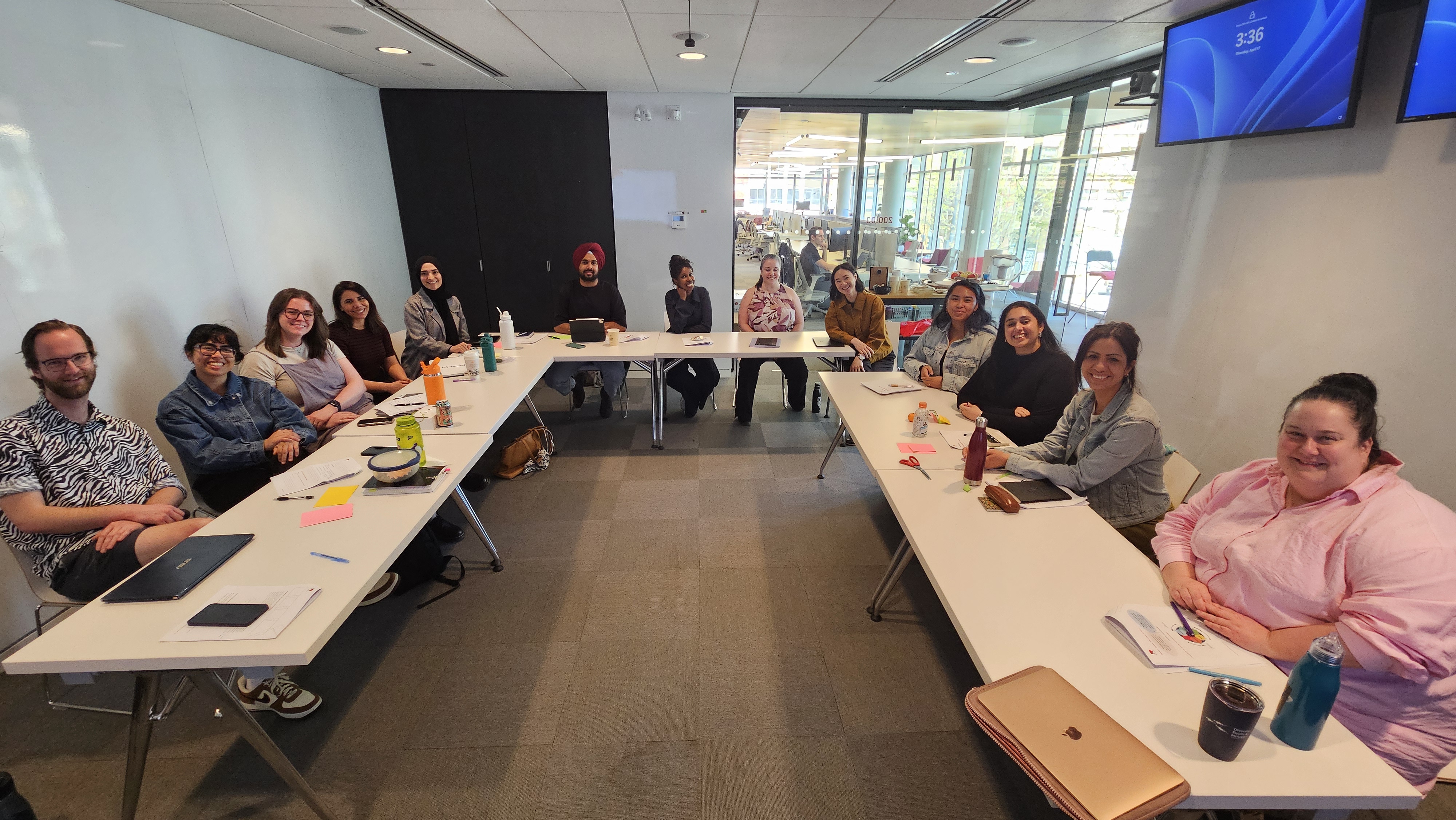Inclusive Leadership Masterclass
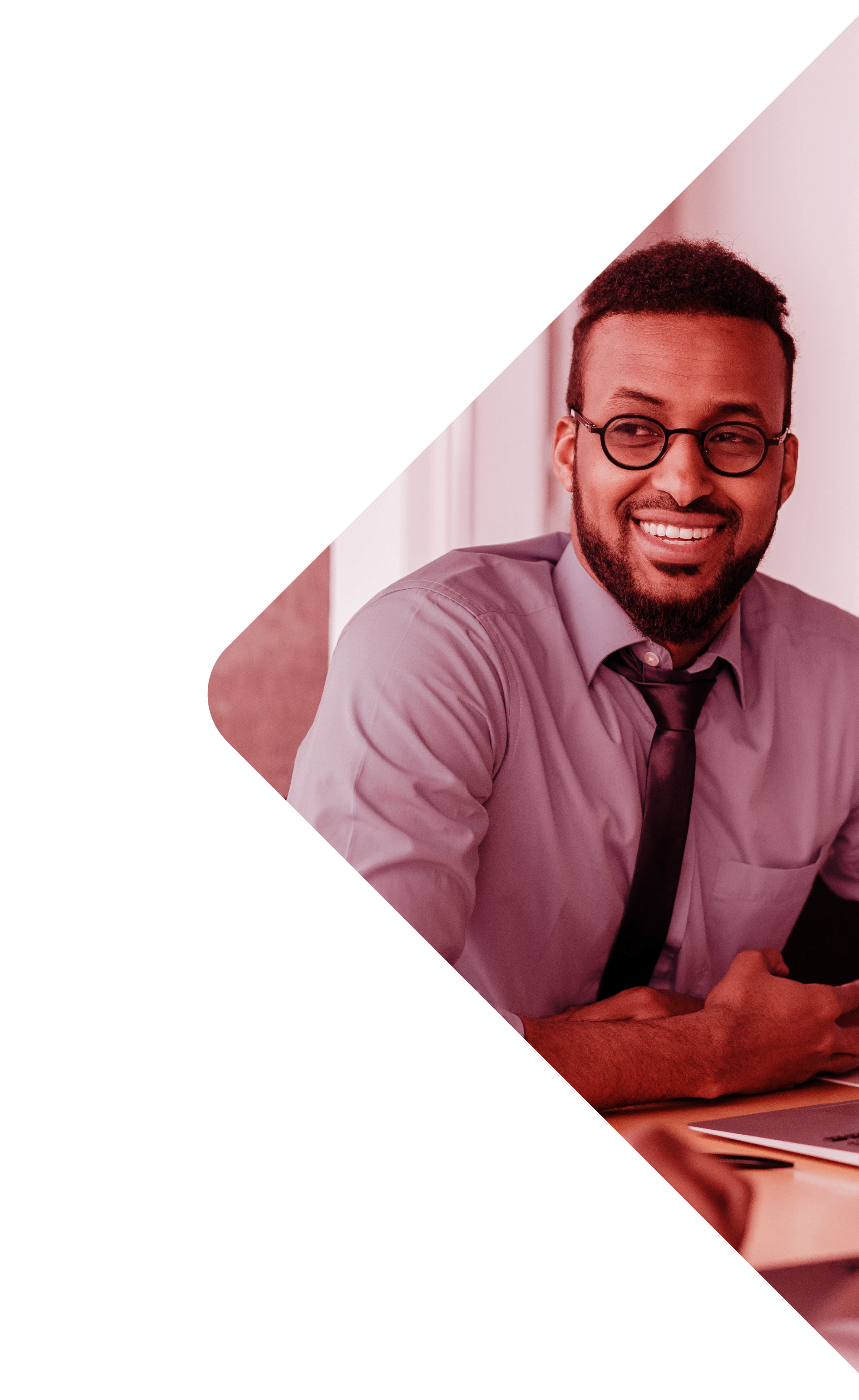
A two-day immersive masterclass to move from intention to action
Are you noticing signs of disengagement or “quiet quitting”?
Are microaggressions present on your team, but not being addressed?
Do you want a more inclusive workplace, but it feels too overwhelming to start?
You’re not alone. Many leaders face these challenges with limited support, tools and no roadmap.
In today’s complex and fast-changing world, equity and inclusion aren’t just values, they’re core leadership competencies.
Join us in our two-day in-person Inclusive Leadership Masterclass for managers, senior staff, and leaders who supervise people and influence hiring, strategy, and culture. Grounded in tools developed by the RADIUS SFU Consulting and Training Services team, you’ll gain frameworks and practices to build teams where people feel safe, valued, and included.
This isn’t a diversity, equity, inclusion (DEI) check box, or surface-level training.
It’s deep leadership development for those ready to transform how they lead.
Location and cost
Location: RADIUS SFU – 200–308 West Hastings Street, Vancouver
Dates: Wednesday, October 22 and Thursday, October 23, 2025
Time: 9:30 am to 4 pm (12 to 1 pm lunch break)
Morning coffee, tea, and baked items provided
Pricing
- $550 – Full price
- $500 – Early bird (register by October 1, 2025)
If cost is a barrier, email consulting@radiussfu.com and we will do our best work something out with you!
Space is limited.
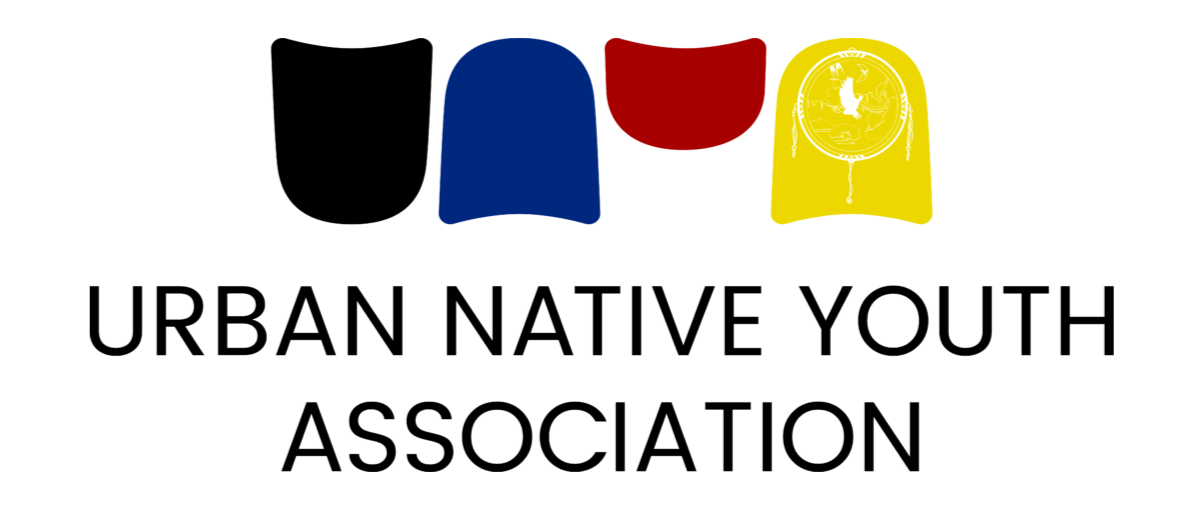
10% of the proceeds from each enrollment to this class will support the Urban Native Youth Association, delivering programs for urban Indigenous youth.
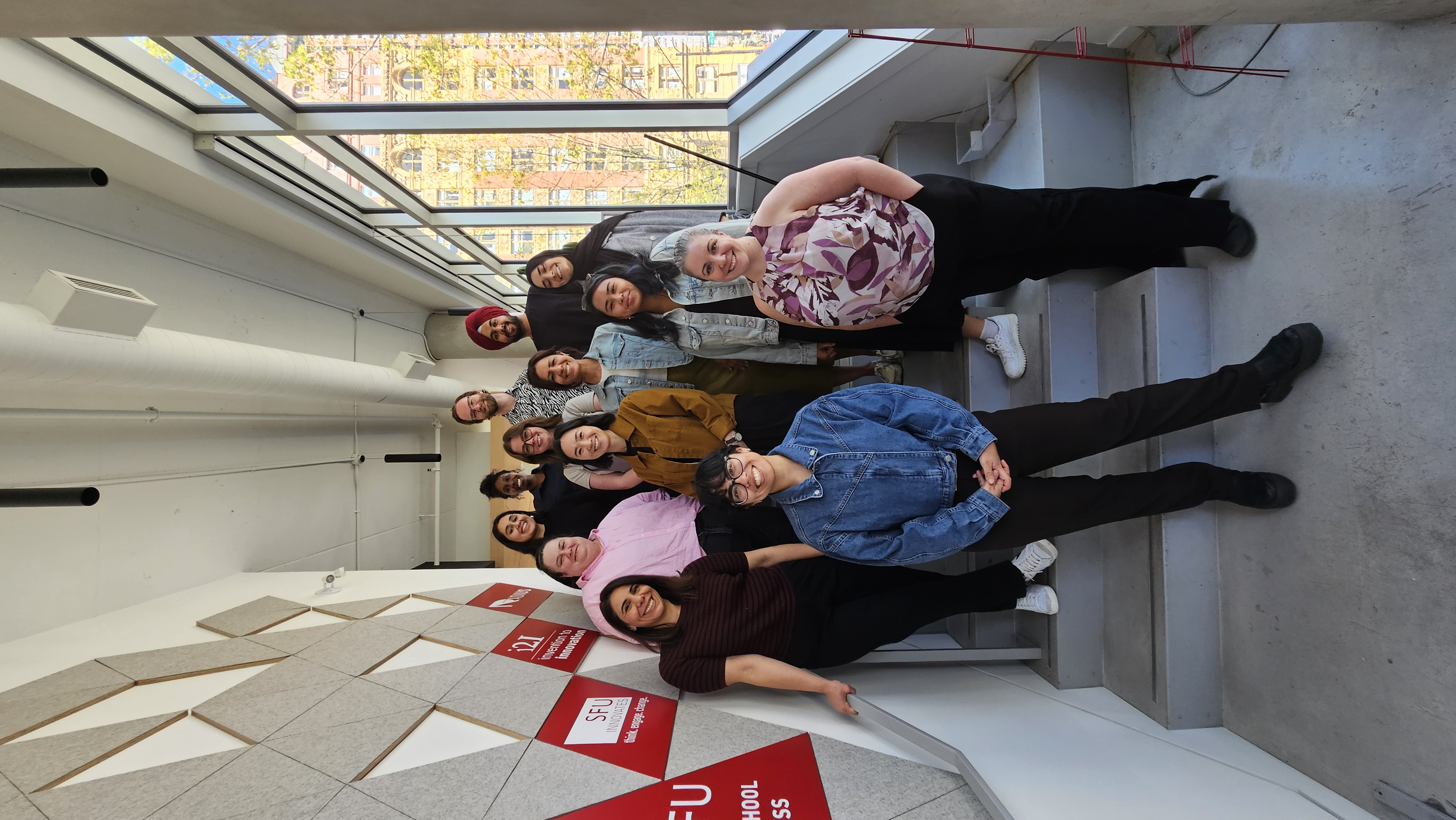
Course breakdown
When you sign up, you’ll get access to two self-paced modules to ground you in key concepts:
- Systems Thinking for Equity
- Anti-Racism Foundations for Leaders
These accessible modules mix content, case studies, and videos within one to three hours each of self-paced learning. With this grounding in key concepts, we can focus our in-person time on application, reflection, and practice.
Deepen our systems thinking lens and gain tools to uncover patterns, diagnose challenges, and lead change
We begin by unpacking how systems of oppression— racism, colonialism, ableism, and patriarchy—shape our values, workplaces, relationships, and decision-making structures. While many leaders are familiar with diversity, equity, inclusion (DEI) concepts, few have had the opportunity to build the analytical lens and muscle needed to apply them in practice.
Day 1 focuses on building that capacity.
We explore how exclusion is often unintentionally embedded in everyday interactions, decisions, and organizational policies shaped by dominant norms and unequal systems. Through real case studies, reflective practice, and accessible frameworks, you’ll begin to sharpen your equity lens and identify leverage points for change in your own context.
You’ll learn to:
- Explore how power, privilege, dominant culture characteristics, and unconscious bias unintentionally impact decisions, team dynamics, and workplace culture.
- Use case-based application of the iceberg model and the four levels of systems change (individual, interpersonal, institutional, cultural), and to better recognize where and how exclusion is reinforced.
- Reflect on how our identities, values, and norms shape what we define as “professionalism” or “excellence”—and how those definitions, when left unexamined, can unintentionally create barriers for others in hiring and decision-making.
- Apply an intersectional lens to explore how overlapping identities affect access, safety, and belonging.
- Identify and being aware of your bias, and learn mitigation strategies to interrupt it.
Day 2 is where we shift from awareness to action, applying the systems lens developed on Day 1 to everyday leadership decisions, tensions, and relationships. We explore what it truly means to lead with equity especially when things get hard, messy, or uncomfortable.
We’ll examine how inclusive leadership isn’t just about vision or values, or a side-of-your-desk effort. It’s about how we respond to conflict, share power, make decisions, and build cultures of care and accountability.
This day focuses on the conditions where diversity—from people to ideas—can actually thrive.
We create space to unpack real challenges and wisdom from our own leadership journeys, and explore the tools and practices that support inclusive leadership in action.
You’ll learn to:
- Explore RADIUS’ Diversity as an Outcome model and organizational case study to reflect on what inclusive leadership looks like in practice including the complexity, learning, and ongoing repair it often requires.
- Hear from the RADIUS Co-Directors about our shift to a matriarchal co-leadership model, how we rebuilt trust after internal conflict, and what it takes to lead relationally in real time.
- Build skills for calling in and calling out, navigating discomfort, and repairing harm with accountability.
- Foster psychological safety by embedding accessibility, care, transparency, and trust into your team culture.
- Learn the Equity-Centered Design (ECD) framework to embed co-creation, shared power, and inclusive processes into your work
This course is ideal for:
- Organizational leaders, managers, team leads, and department heads
- Human Resources (HR) professionals, hiring managers, and policy-makers
- Equity champions looking to lead with more clarity and community connection from other professionals and organizations
- Aspiring leaders such as post-secondary students who want to embed equity, inclusion, and accountability into how they build thriving, safe, and happy teams
No prior diversity, equity, inclusion (DEI) training required. We appreciate your curiosity, humility, and your willingness to reflect and lead differently. We welcome participants from all sectors, industries, roles, and lived experiences.
Our facilitation is:
- Strengths-based – building on what’s already working
- Systems-focused – grounded in individual, institutional, and cultural change
- Equity-centered design – using trauma-informed, justice-grounded tools
- Care-driven conversational style facilitation that creates space for tension, reflection, and growth
We know this work is imperfect and often messy. This masterclass isn’t about getting it perfect. It’s about practicing equity in real teams, with real people, in real time.
With over 25 years of organizational and cross-sector consulting, 24 years in social innovation, and 30+ years of research and advocacy experience, our team brings deep technical, institutional, and lived experience to support your leadership journey.
- Fully wheelchair-accessible venue
- Gender-inclusive washrooms
- Printed workbook and pre-read materials provided
- Seats at reduced prices are available—just reach out to consulting@radiussfu.com.
If there’s anything you’d like us to know that will affect your participation, please email us at consulting@radiussfu.com.
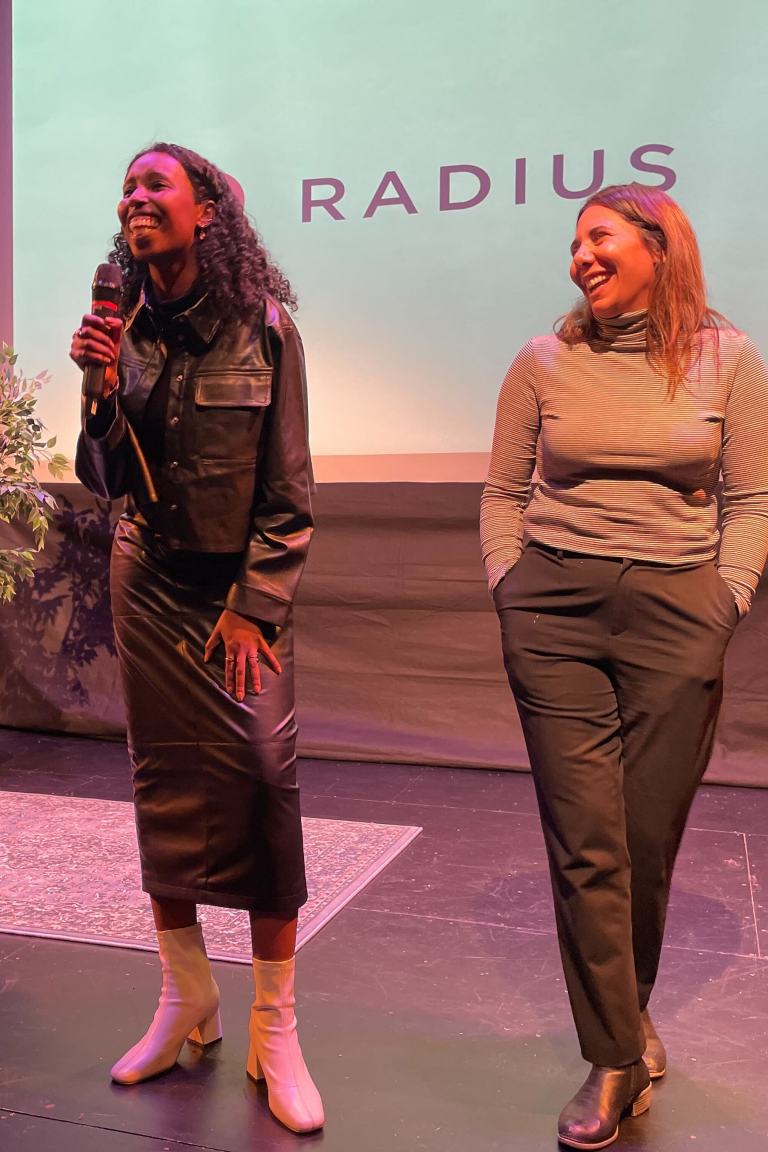
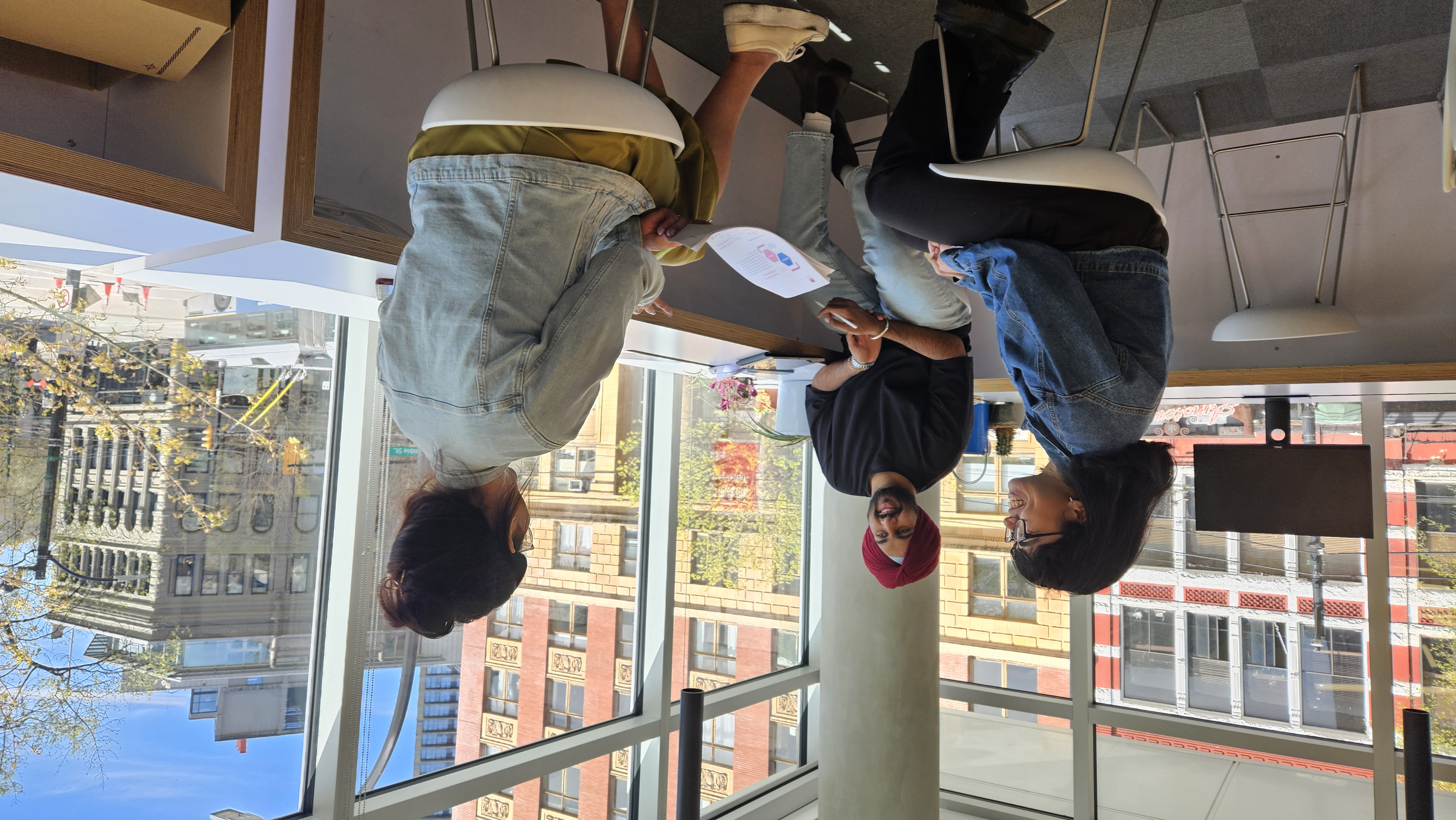
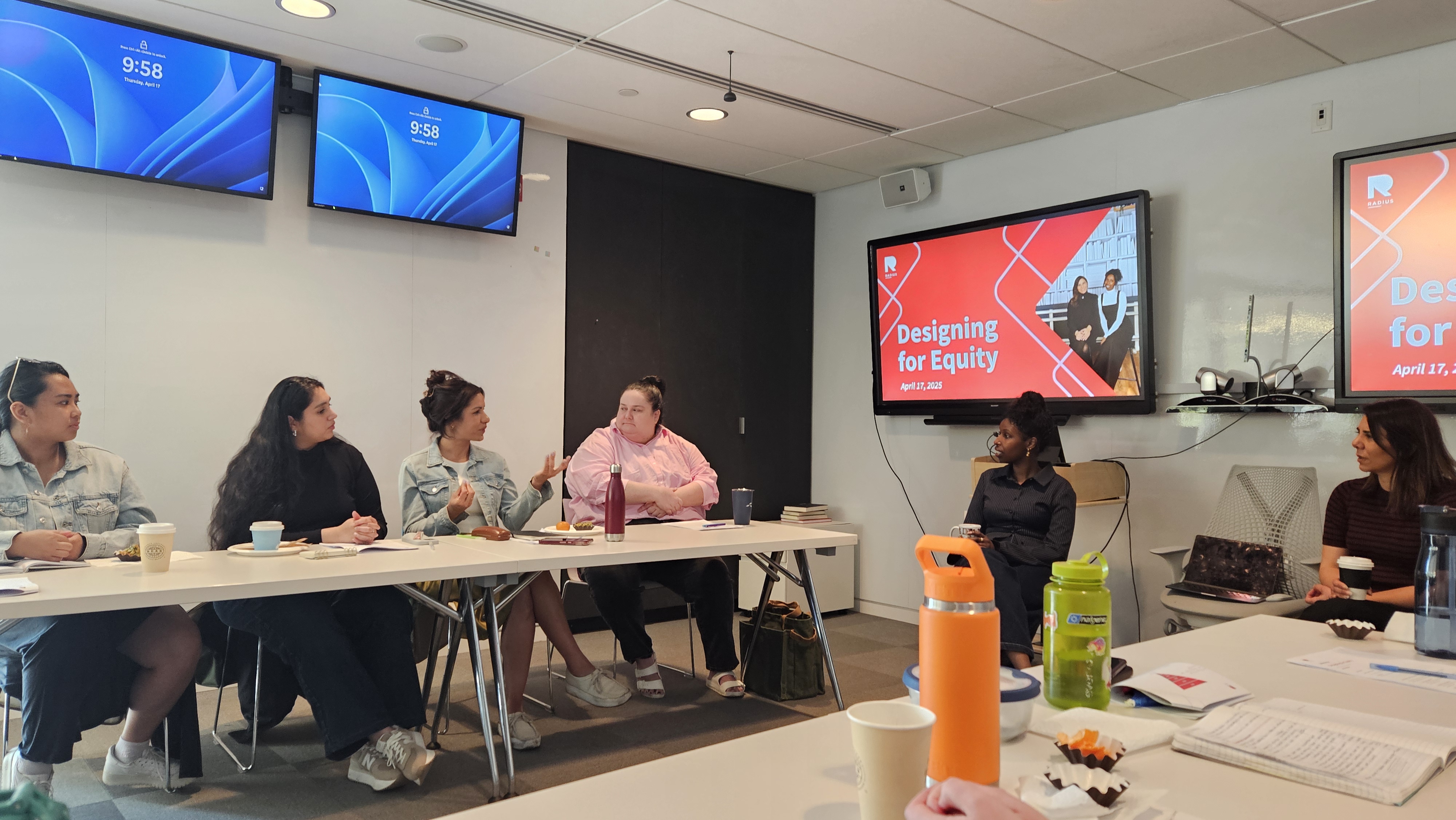
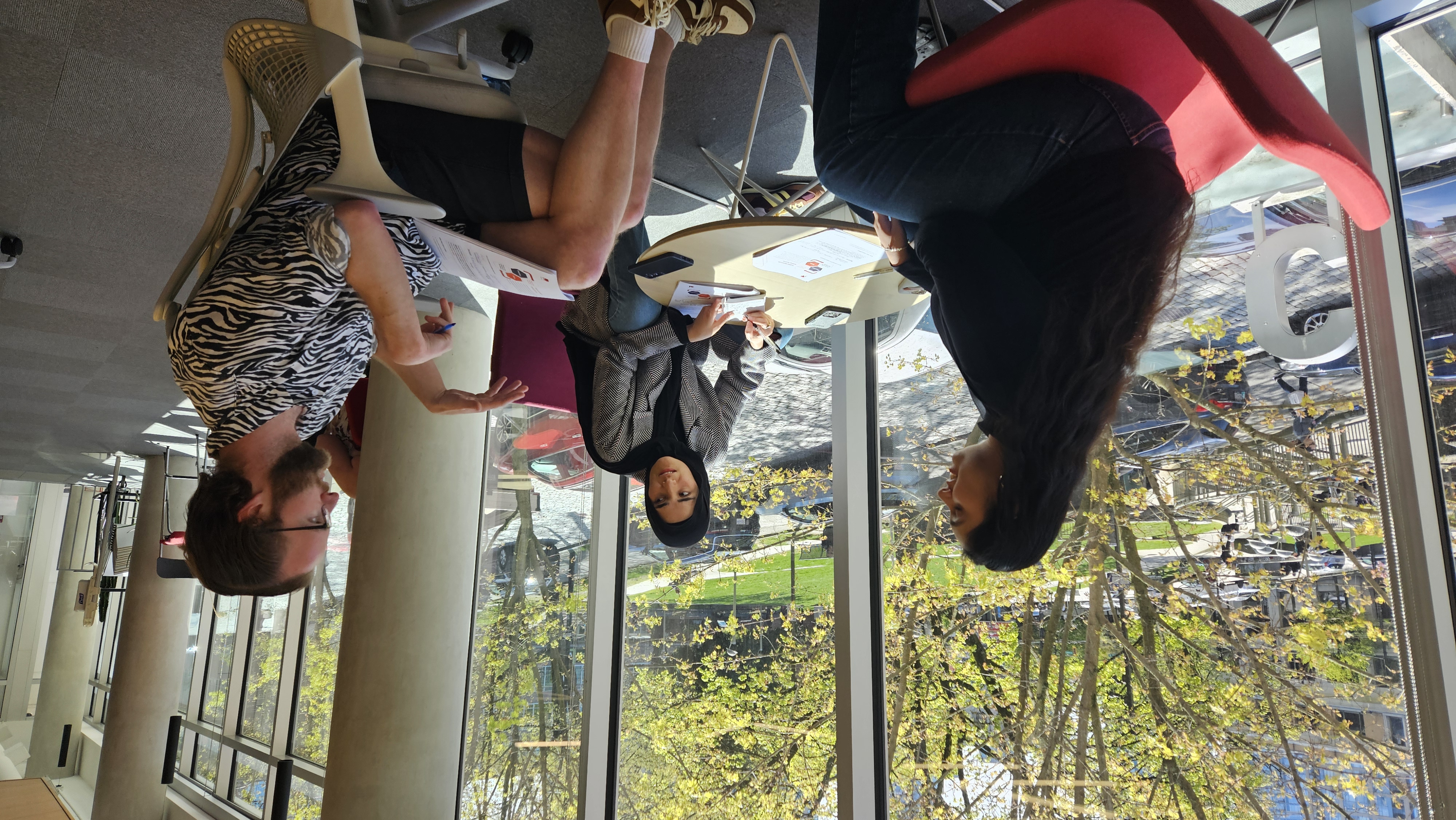
Meet your facilitators
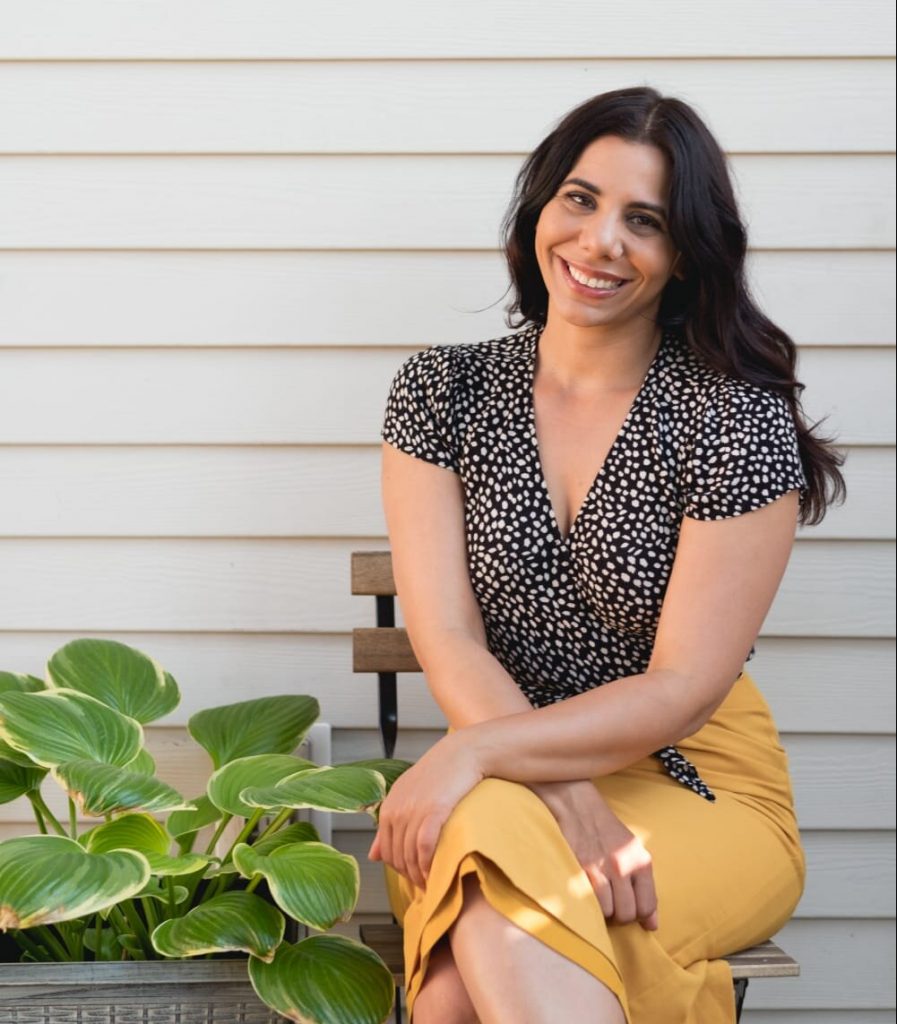
Alia Sunderji (she/her)
Alia is an Organizational EDI Consultant, Sustainable Innovation Lecturer, and Social Entrepreneur committed to advancing systems change through inclusive innovation. With over eight years of experience teaching at SFU’s Beedie School of Business, she specializes in equity, sustainability, and community-engaged learning.
As a Portfolio Manager with RADIUS SFU’s Consulting Services Team, Alia supports organizations to embed equity and justice into their strategies, policies, and leadership. A notable project includes co-leading a multi-year Community of Practice with SFU staff and faculty, guiding them to apply equity-centered design and share power in decision-making processes that impact students, staff, and communities.
Alia is passionate about redistributing power in decision-making and shifting leadership away from top-down models. She challenges how decisions are often made furthest from the communities most affected, and advocates for leadership approaches that prioritize proximity to the work, lived experience, and collective ideation. For her, inclusive leadership isn’t about holding power—it’s about sharing it.
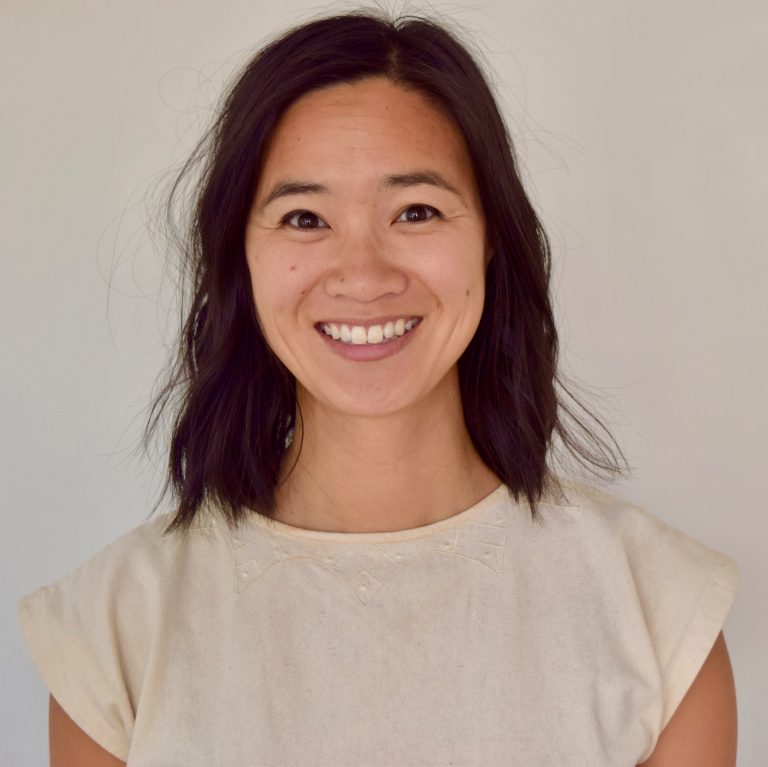
Miranda Eng (she/her)
Miranda (she/her) leads RADIUS’ Consulting Services team, and brings over 15 years of experience working in and consulting for all levels of government and other large institutions. Her career began working with executives and middle managers in the federal public service in leadership development, employee engagement, strategic planning, and change management.
As a former Director of Engagement at Argyle (formerly Context), she worked with decision-makers to seek and understand community input and impacts to better shape public sector policies and infrastructure projects, from mobility pricing, Northern housing strategy, climate emergency, Olympic and Paralympic bids, and transit planning. An equitable engagement specialist, she has delivered several industry presentations and is a recipient of an International Association of Public Participation’s (IAP2) Core Values Award.
At RADIUS, she has led extensive equity reviews for the City of Vancouver, City of Coquitlam, and SFU’s Outstanding Alumni Awards, and co-designed and co-facilitated leadership training programs for the University of Victoria, SFU Beedie School of Business, and the City of Burnaby.
Her credentials include a UBC Bachelor of Commerce in Finance and Economics, a MSc in Strategic Management and Planning from University College Dublin, and a Prosci Certification in Change Management. Miranda was co-chair and board director for the hua foundation, a non-profit working with Asian diasporic youth for a more equitable future. She is a second-generation immigrant from a lineage of strong Chinese matriarchs.
Guest facilitators
Bonnie Arthur (she/her)
With two decades of leadership experience in education, operational strategy, and social innovation, Bonnie specializes in driving high-impact initiatives that blend conscientious leadership with operational excellence.
Bonnie believes in creating space for her team to ideate, problem-solve, and be human. As a Director at RADIUS, Bonnie considers her role to be in service of the entire organization, ensuring there are the right people, processes, and resources in place to meet our goals, while mindfully ensuring our guiding principles are foundational in all that we do. A critical thinker and a logistical wrangler, Bonnie balances her analytical brain with a human heart, striving to lead with compassion, empathy, and curiosity.
While on Banff Centre’s Leadership Development Team, Bonnie supported dozens of leadership programs for thousands of leaders, including leading design sprints to create programs such as “Creating Positive Change”, “Leading by Design”, and a UX Design program based on video game design that never saw the light of day (but she still thinks about sometimes).
Bonnie is a newcomer on the unceded Coast Salish lands and is grateful for the opportunities she has to appreciate and be in relationship with not only the lands themselves but their stewards (including the Musqueam, Squamish, Tsleil-Waututh, and Urban Indigenous peoples in this place). Bonnie holds an Executive MBA from Simon Fraser University as well as a Bachelor of Musical Arts from Western University. Bonnie is a board member and singer with Vancouver’s reknowned adult treble choir, Elektra.
Véronik Campbell (she/her)
